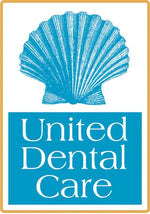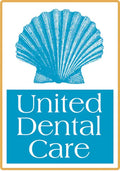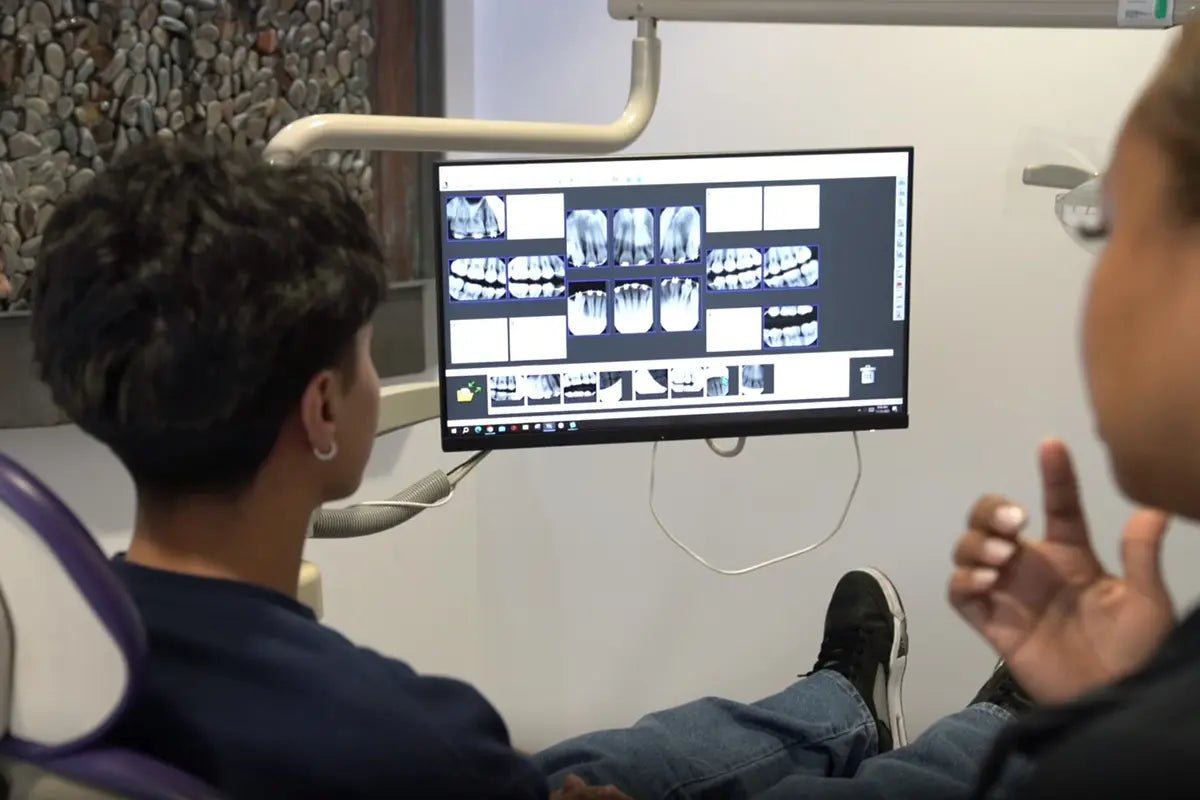Dental Emergency in Culver City: Can I Go to an ER For Help?
According to the American Dental Association (ADA), approximately 2 million visits to hospital emergency departments (EDs) happen yearly in the US due to dental pain.
The ADA also stated that our healthcare system could have saved $1.7 billion if these visits were referred to local dentists and clinics.
This data suggests a lack of understanding among patients regarding the distinction between dental and general health emergencies.
Discussing this topic could clarify the growing confusion and support healthcare professionals in prioritizing timely and appropriate treatment.
Dental emergencies can occur in Culver City, as they can in any location. Thus, this guide addresses common concerns and provides answers to help you make informed decisions regarding your oral health during a dental emergency.
Should you go or not go to an ER for a dental emergency treatment? Let’s find out.

What is considered a dental emergency?
According to the American Dental Association, dental emergencies are a collection of potentially life-threatening diagnoses warranting immediate treatment or care to treat infection, alleviate severe pain, or stop excessive bleeding. Also, a dental emergency is any problem affecting one’s teeth or supporting tissues requiring prompt treatment to avoid aesthetic, biological, and most importantly, functional complications.
Managing dental emergencies focuses on relieving symptoms and then evaluating what is required next.
There are three categories of dental emergencies:
Traumatic – includes tooth fractures, luxation (dislocation or dislocation of a tooth from its original position in the alveolus), and avulsions or a complete tooth displacement from its socket in the alveolar bone. Traumatic dental injuries include direct or indirect impact on the dentition due to falls, sports collisions, and physical violence.
Infectious – if not treated early, dental infections caused by dental caries can increase the risk of spreading contiguous bacteria into the deep spaces of the neck, facial sinuses, and brain. This may result in life-threatening infections that may cause breathing difficulties, thus, requiring dental emergency care.
Post-procedural bleeding - is the most common post-procedural emergency, which can last longer than eight to twelve hours after a dental extraction. Post-extraction bleeding often manifests in patients with congenital bleeding disorders, systemic diseases affecting hemostasis (the mechanism that leads to the cessation of bleeding from a blood vessel), or in those taking anticoagulation medications.
Non-urgent dental cases, on the other hand, that don’t necessitate visiting an emergency dentist include:
- Mild toothaches
- Damaged or broken teeth not causing severe pain
- Broken retainers, night guards, or full dentures
- Lost bridges, crowns, or implants
From the passage, it's clear that dental emergencies can be quite serious. While some dental problems can wait for a regular appointment, others require immediate attention. This is where a dental emergency room comes in.
But how do we tell if an injury or an accident around or near the mouth area shouldn’t be treated in a local emergency room?
The Difference Between a Dental Clinic and an ER
In situations where the urgency of treatment requires the expertise of a dental professional, then the ER isn't the right place to go. Unlike a dental emergency clinic equipped for tooth-related procedures, emergency rooms prioritize treating serious or potentially life-threatening incidents that may pose a long-term impact on one’s general health.
In other words, what sets a "dental emergency clinic" apart from a typical emergency room is its focus on tooth-related problems, the treatments it can provide, and the availability of qualified professionals to carry out the treatment.
It’s very unlikely that a hospital’s emergency room has an on-call dentist to respond to a dental emergency. And it’s also improbable that a general physician will perform a procedure such as a tooth extraction. ER doctors can only provide temporary pain relief and antibiotics for infection in dental emergencies, but they won't be able to perform definitive dental treatments.
Reasons Not to Take Tooth-related Emergencies to an ER
Avoiding emergency rooms for dental care not only relieves pressure on hospitals but also allows for faster and more specialized treatment by a dentist. At the same time, it also allows doctors to focus their time and expertise on treating patients with more complex medical needs.
Diverting dental emergencies from ERs is a complex issue that goes beyond just hospitals and governments. Patients can be financially impacted, as some dental emergencies might require procedures not covered by their insurance. Here are other reasons why you should take your tooth treatment to an emergency dentist:
Emergency Rooms for Dental Care Isn’t Practical
Remember that hospitals can do little to nothing in terms of treating a dental emergency. While an oral surgeon at a hospital might perform a tooth extraction in specific situations, it's less common and often more expensive than seeing a dentist. By the time you visit a real dentist, further tests and evaluation might be required from you, thus incurring additional expenses.
Dental Treatments Always Involve Continuity
Bypassing the ER for a dental emergency allows you to establish continuity of care with your dentist. They have your dental history and can provide more targeted treatment for your specific situation. You also get easy and immediate access to specialized dental tools and medical equipment to speed up your treatment and recovery. Simply, visiting a dental office gives you all the care you need in one place and defined period.
Saves You A Lot of Trouble
Dental emergencies need nipping them in the bud—you need to address the problem early on before it becomes more serious and difficult to handle. Going to an emergency room for dental treatment puts you at risk of exacerbating your tooth injury and delaying proper diagnosis. Similarly, emergency rooms are fertile grounds where infectious diseases can thrive. Avoiding such places saves you from getting exposed to illnesses that might cause other diseases.
Preventive Measures to Avoid Dental Emergencies
Most dental emergencies, except for sudden accidents, can be prevented by addressing problems like infections, cavities, and potential post-procedural bleeding early on. And it’s as simple as you think. That said, here are some practical tips to keep in mind:
Maintain a Stellar Oral Hygiene Routine
Brushing your teeth twice a day for two minutes each time using a soft-bristled toothbrush and fluoride toothpaste helps remove plaque and bacteria. It will do twice the job if you floss daily to remove plaque and food particles from between your teeth, where brushing can't reach.
Also, consider using a fluoride mouthwash after brushing to further reduce bacteria and freshen your breath.
Treat Your Smile with Healthy Choices
Limit sugary foods and drinks because sugar feeds the bacteria in your mouth, leading to cavities. Opt for water instead of sugary drinks and limit sugary snacks. Then fuel this habit by eating a balanced diet that includes plenty of fruits, vegetables, and calcium-rich foods like dairy products to keep your teeth strong and healthy.
Wear Extra Protection
If you participate in contact sports or activities where you risk falling and hitting your mouth, wear a mouthguard to protect your teeth from injury. It will also enhance your protection against injuries if you avoid using your teeth as tools to open bottles, crack nuts, or chew on hard objects. This can lead to chipped or broken teeth.
Schedule Regular Dental Check-Ups
Regular check-ups allow your local dentist to identify and address potential problems early on before they become emergencies. This can save you money and discomfort in the long run. Professional cleanings can remove plaque and tartar buildup that brushing and flossing alone can't reach.
Trusted Emergency Dentists in Culver City
Dental emergencies can happen anytime, so it's important to be prepared. The best course of action is prevention with good oral care. But knowing how to handle a dental emergency and having a dentist you trust are also important.
If you’re looking for expert guidance from a Culver City dentist, visit United Dental Care-your trusted partner in oral health. Regardless of your dental needs or condition, we’re here to offer you a helping hand. Book a free consultation now or call us at (310) 390-6000.




 By:
By: 

